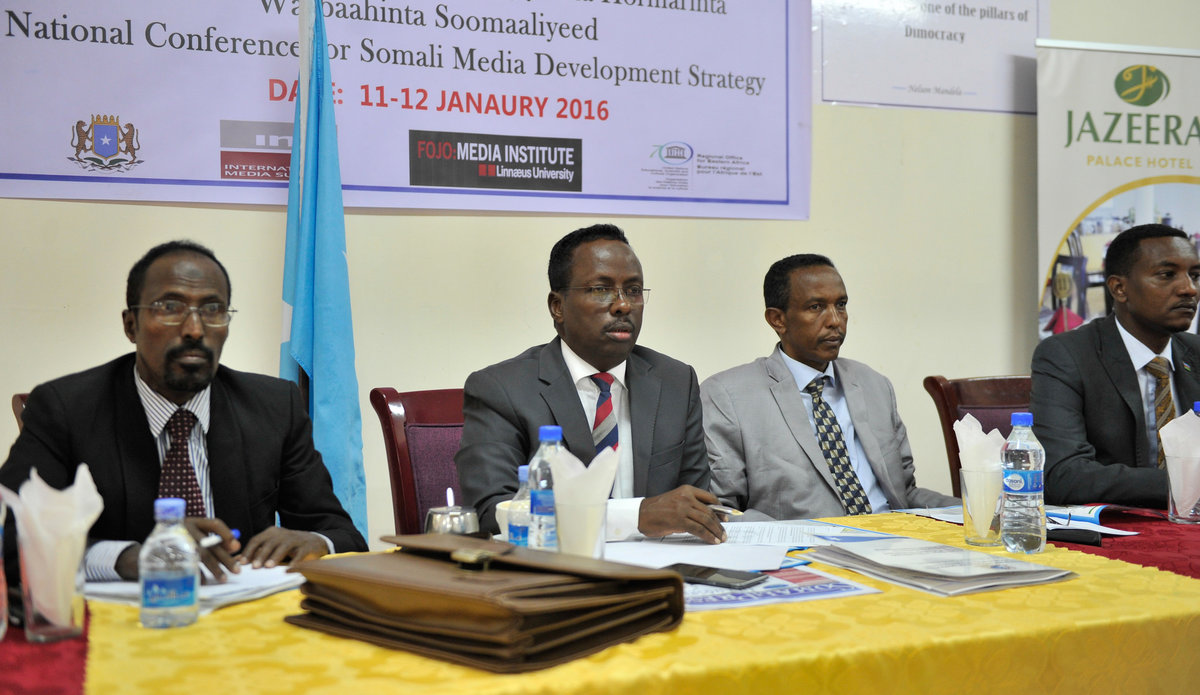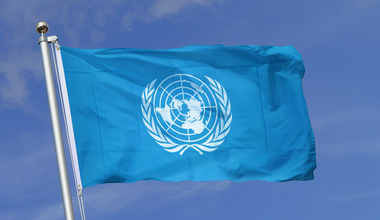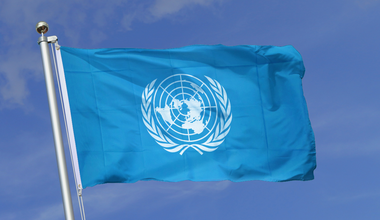Federal and regional authorities agree on a Somali Media Development Strategy
A two-day national conference on Somalia media strategy development ended in Mogadishu today as participants reviewed and agreed on the implementation of a “Somali Media Development Strategy” for the next five years.
Organized by the Federal Ministry of Information, Culture and Tourism with the participation of existing and emerging federal member states, the conference also discussed the implementation of the media law that was recently signed by President Hassan Sheikh Mohamud.
Addressing the conference, the Federal Minister of Information, Culture and Tourism Mohamed Abdi Hayir (Mareye) said the media law would pave the way for a more professional media industry in Somalia.
“Somalia has a vibrant media industry that employs many people, but there has been no media law that can regulate it as well as cater for the rights of public broadcasters, private media and their audiences,” said the minister.
The head of the National Union of Somali Journalists, Mohamed Ibrahim Pakistan, acknowledged that the Somali Media Development Strategy, which was the focus of the two-day conference, was in sync with the implementation of the media law.
“It will bring progress to the Somali media. The objective is to get structured regulations that take into account the security, dignity and rights of journalists. Without it, we cannot do anything,” noted Mr. Pakistan.
Layla Abdulahi, Chairperson of the Somali Women Journalists’ Association, said the media strategy would protect journalists from media owners who operate outside the confines of the law.
Farhia Mohamed Khayre, Chairperson of the Somali Women Journalists group, expressed support for the media law. “The creation of the media law is generally a good thing. It provides for clear arbitration, should there be a legal challenge. For example, when a journalist interviews a politician or businessman or anyone and the interviewee is unhappy, in the past there was no place where they could seek redress and they resorted to other means. Now the new law provides for a platform to seek redress,” she said.
 UN
UN





